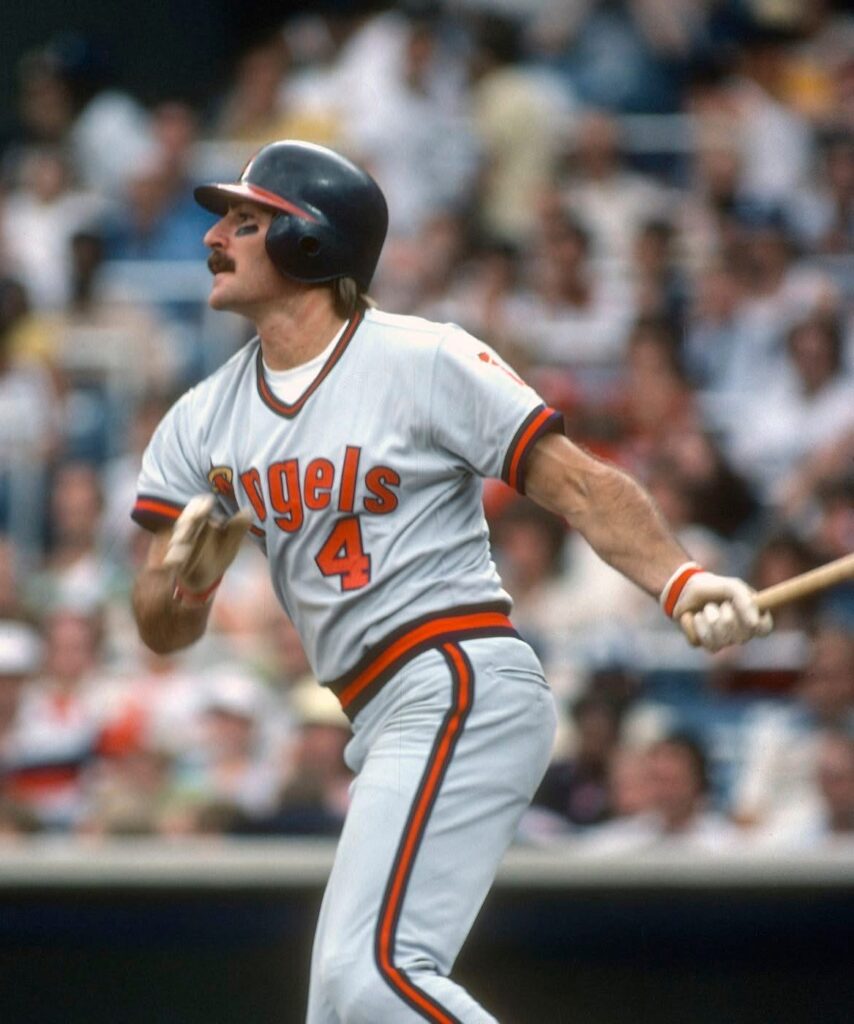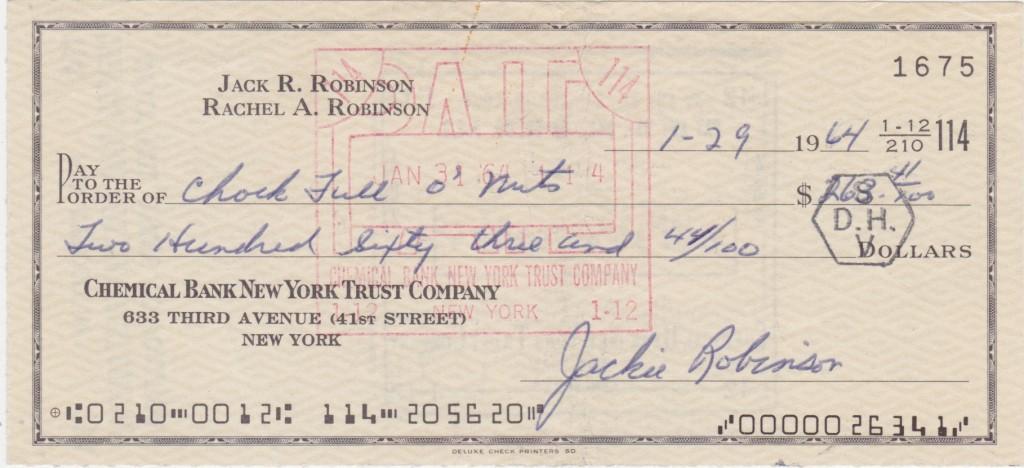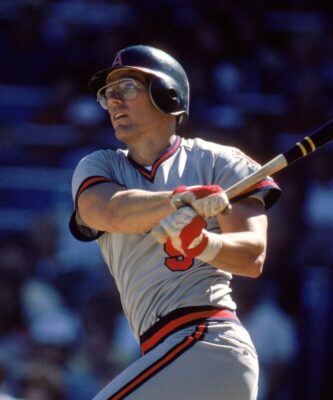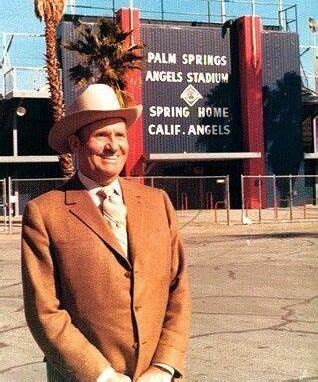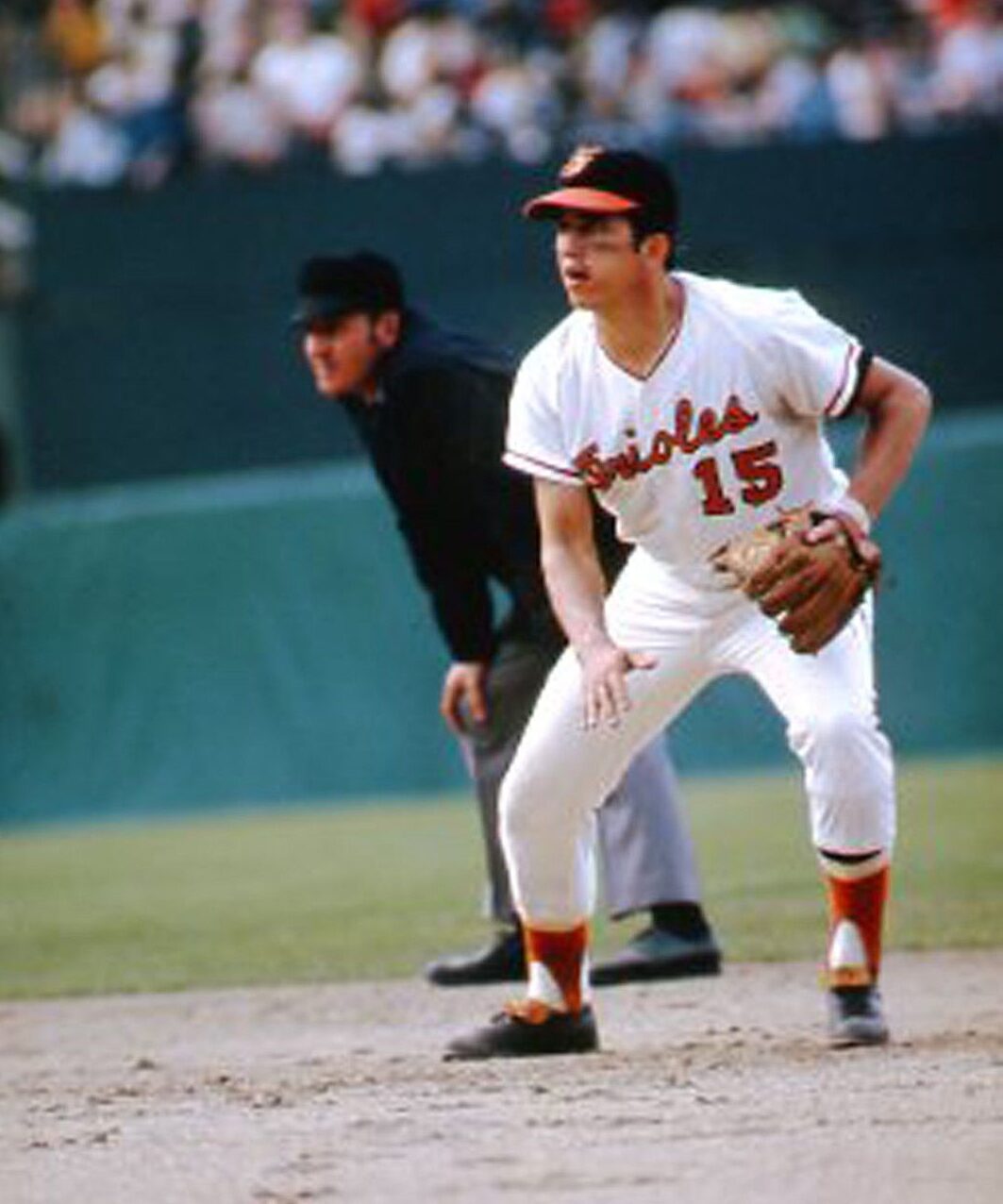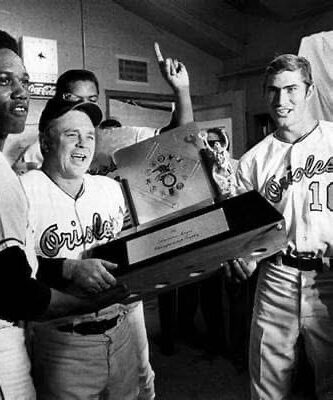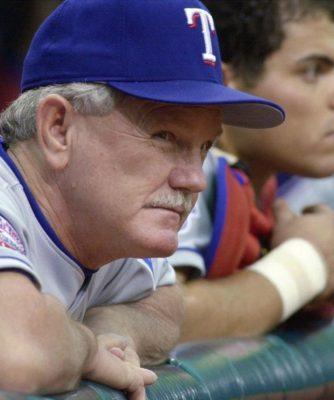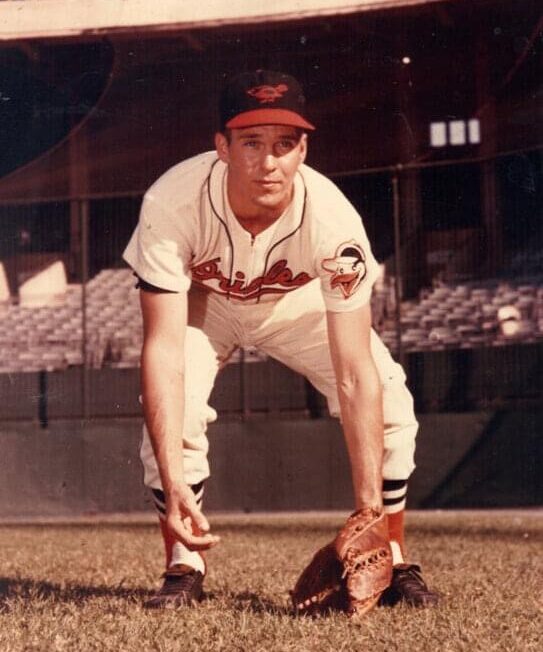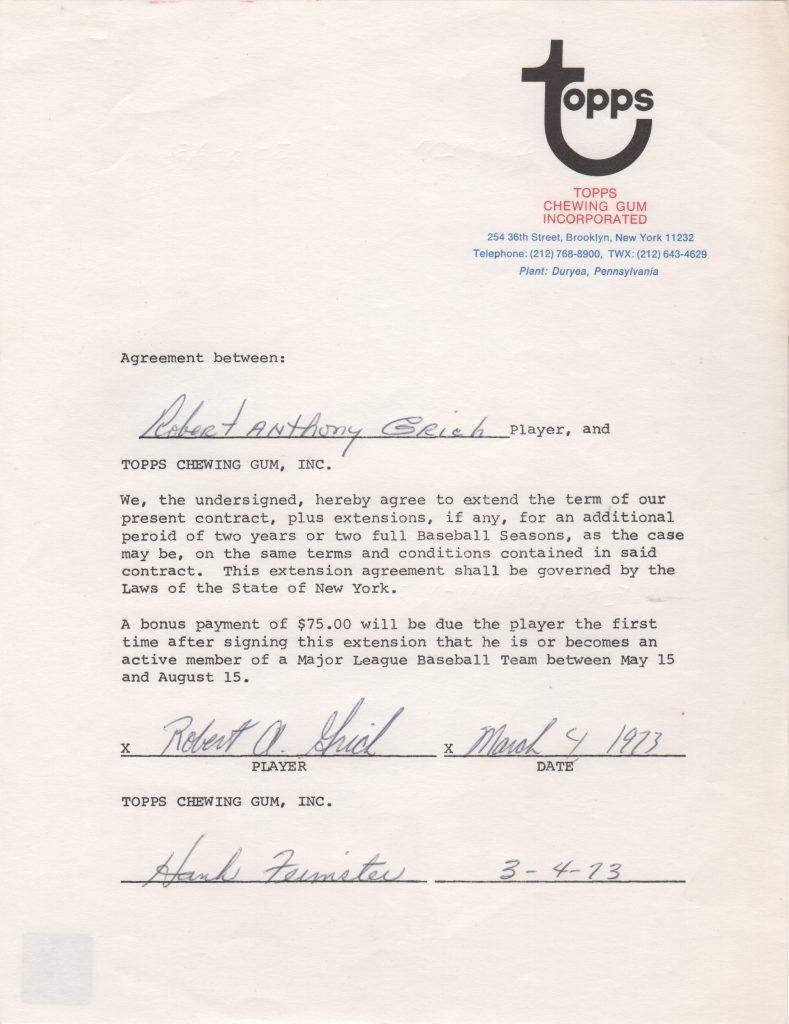
On the surface, Bobby Grich’s 1,833 hits, 224 homers, 864 RBI and .266 batting average seem almost pedestrian. When taken in a greater context, Grich’s numbers might be worthy of Cooperstown.
Consider OPS+. This statistic factors in the scoring of the era, the stadiums played in and normalizes league-wide OPS. One hundred is league-average. Grich’s OPS+ is 125. That’s better than 14 of the 20 second basemen in the Hall of Fame. The list of Cooperstown second sackers with a higher OPS+ than Grich has only the game’s greats, Rogers Hornsby, Nap Lajoie, Eddie Collins, Jackie Robinson, Joe Morgan, and Rod Carew.
Wins Above Replacement relies on hitting and also factors in base running and fielding. From 1972-1981, Grich finished in the top 9 American League hitters in offensive WAR seven times. Among Hall of Fame players at his position, Grich career mark of 71.0 ranks 8th all time. He ranks behind only Charlie Gehringer, Lou Whitaker, and all but Robinson from the list above.
His traditional accomplishments add to his Cooperstown case. Grich made six All Star appearances, earned four Gold Glove Awards, and a Silver Slugger. He received support in MVP balloting 5 times and helped his teams play into October in five seasons.
Both voting bodies for Cooperstown are relying more heavily on SABRmetrics. Writers and their Veterans Committee counterparts are more savvy in determining player value. With this in mind, Bobby Grich seems destined to be a Veterans Committee pick.
Shown here is a Topps contract extension signed by Grich after the completion of his first All Star season with the Orioles.
